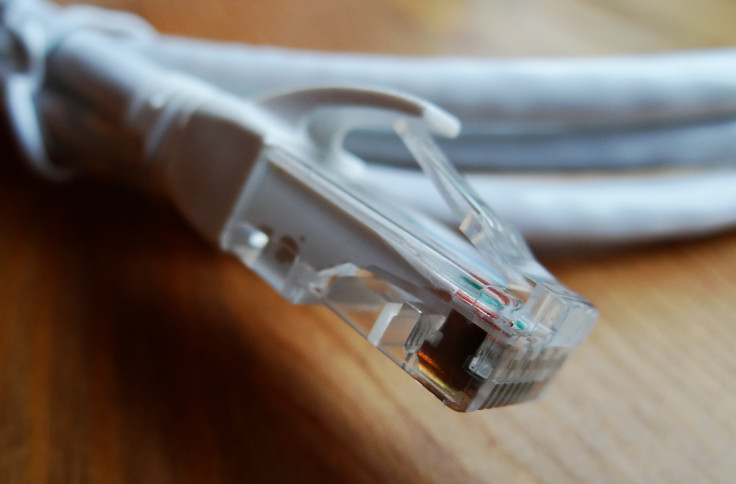What Net Neutrality Means For You [VIDEO]

Do you like watching videos on Netflix, YouTube and Amazon? Of course you do.
But your Internet service provider doesn’t. Those video streaming services take up the biggest share of Internet bandwidth in the U.S., often peaking above 30 percent of total usage in the evening. So the ISPs are going to charge companies like Netflix, Google (which owns YouTube), and Amazon for the increased space their services occupy.
Streaming services and online gaming -- you use more data playing games on Xbox Live and streaming episodes of "Breaking Bad" on Netflix than you do screwing around on Twitter or Facebook.
So if you want fast, stable connections -- expect to pony up extra for a “higher-tier package.”
Net Neutrality was written to prevent that from happening, to force Internet companies to treat all traffic on the Web equally. But The Washington, D.C., Court of Appeals ruled that the Open Internet Rules proposed by the FCC are “unenforceable” and “without legal ground.” Why?
Because the FCC did not originally classify companies like Verizon and Comcast as telecommunication companies. Instead, their status as Internet service providers cause a very convenient position -- the FCC does not have the legal power to institute Open Internet policies (aka Net Neutrality). The FCC can still appeal this decision or bring an entirely new lawsuit, but that will take time.
Time during which Comcast, Verizon and Time Warner can exert their will on users. The alternatives? DSL service is considered telecommunication, so there’s no bandwidth throttle. But DSL is far too slow for the modern market.
Most Americans don’t have much choice. But a lucky few can get Google Fiber.
Perhaps this litigation will push Google to expand its Fiber network more quickly.
© Copyright IBTimes 2024. All rights reserved.






















